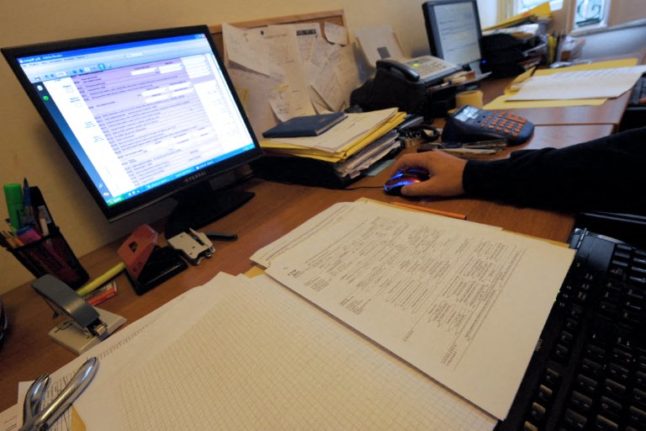Italy held on to the top spot in Europe’s rankings for VAT evasion once again, the European Commission said on Thursday.
The Italian state lost 35.4 billion euros in dodged VAT revenue, marking the biggest loss in absolute terms, according to a new EC study.
The figures, the most recent available, dated from 2018 and so were not impacted by the coronavirus pandemic.
Lost tax revenue in Italy was up from 35.3 billion euros in 2017.
The United Kingdom was in second place with a loss worth €23.5 billion, followed by Germany with €22 billion.
A new report shows that EU countries lost an estimated €140 billion in VAT revenues in 2018.
While it's an improvement in recent years, 2020 forecast expects the EU VAT gap to grow due to the #coronavirus pandemic.
More: https://t.co/3xTNOJFpeC #FairTaxation #VATGap pic.twitter.com/ZYQmdncusf
— European Commission ?? (@EU_Commission) September 10, 2020
As a percentage, Italy’s tax gap was fourth-biggest at just over 24 percent, behind Romania (33.8%), Greece (30.1%) and Lithuania (25.9%).
“Today's figures show that efforts to shut down opportunities for VAT fraud and evasion have been making gradual progress – but also that much more work is needed,” commented Paolo Gentiloni, EC Commissioner for Economy.
“At this time more than ever, EU countries simply cannot afford such losses,” he said, urging countries to “step up the fight against VAT fraud with renewed determination.”
READ ALSO: Could coronavirus push Italy to adopt card payments at last?
Prime Minister Giuseppe Conte is looking at introducing measures encouraging electronic payments as part of his Progetto Italia Cashless, or Project Cashless Italy.




 Please whitelist us to continue reading.
Please whitelist us to continue reading.
Member comments